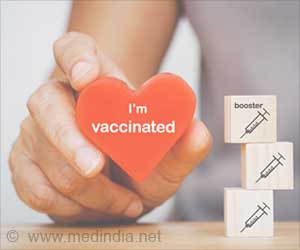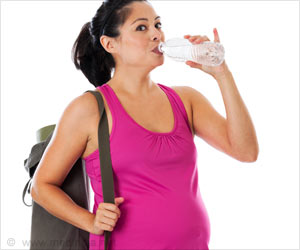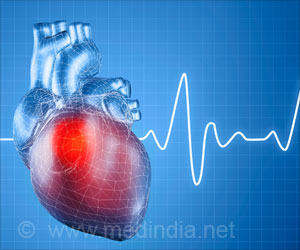Transplant recipients must take life-long immunosuppressive medications to prevent rejection, but these drugs can compromise the effectiveness of vaccines().
To assess the strength, durability, and changes in responses among transplant recipients, researchers conducted a study to compare the immune response to the COVID-19 vaccine among healthy individuals and transplant patients.
Advertisement
It included 18 lung transplant recipients, 17 heart transplant recipients, 7 non-lung-transplanted patients with cystic fibrosis, and 12 healthy individuals (all without SARS-CoV-2 infection).
Extra COVID-19 Vaccine Dose May Help Protect Transplant Patients
Researchers measured blood levels of antibodies against different variants of SARS-CoV-2 at various time points after a primary mRNA COVID-19 vaccination series. Among healthy controls, strong antibody responses to the SARS-CoV-2 spike protein arose immediately following vaccination and displayed cross-neutralization against all variants().
Among heart and lung transplant recipients, increases in antibody concentrations occurred only gradually following the first two vaccine doses, and cross-neutralization was less than 10% against variants (and completely absent against the Omicron variant).
Most (73%) transplant recipients developed a significant response after the third vaccine dose, however, reaching levels comparable to those of healthy controls, with improved but lower level responses against Beta, Gamma, and Omicron variants. Responses of non-lung-transplanted cystic fibrosis patients paralleled those of healthy controls.
These findings highlight that effective protection of most transplant recipients is achievable but requires the recommended additional doses of vaccine. However, for most individuals, cross-protection of their responses to currently circulating immune-evasive SARS-CoV-2 variants is attenuated().
The multiple subsequent vaccine doses recommended for transplant recipients are likely critical for maintaining immunity. The next steps are to analyze the cellular immune responses of solid organ transplant recipients over the same longitudinal time frame.
References:
- Boutin, Catherine-Audrey et al. Update on Covid-19: vaccines, timing of transplant after COVID-19 infection, and use of positive donors. Current opinion in organ transplantation. 2023.(https://journals.lww.com/co-transplantation/abstract/2023/04000/update_on_covid_19__vaccines,_timing_of_transplant.4.aspx)
- May Y Liew and others, Delayed and Attenuated Antibody Responses to Coronavirus Disease 2019 Vaccination with Poor Cross-Variant Neutralization in Solid-Organ Transplant RecipientsA Prospective Longitudinal Study, Open Forum Infectious Diseases. August 2023.(https://academic.oup.com/ofid/article/10/8/ofad369/7239317?login=false)
- Tina Thomson et al. Immune responses following 3rd and 4th doses of heterologous and homologous COVID-19 vaccines in kidney transplant recipients.(https://www.thelancet.com/journals/eclinm/article/PIIS2589-5370(22)00372-8/fulltext)
Source: Eurekalert



